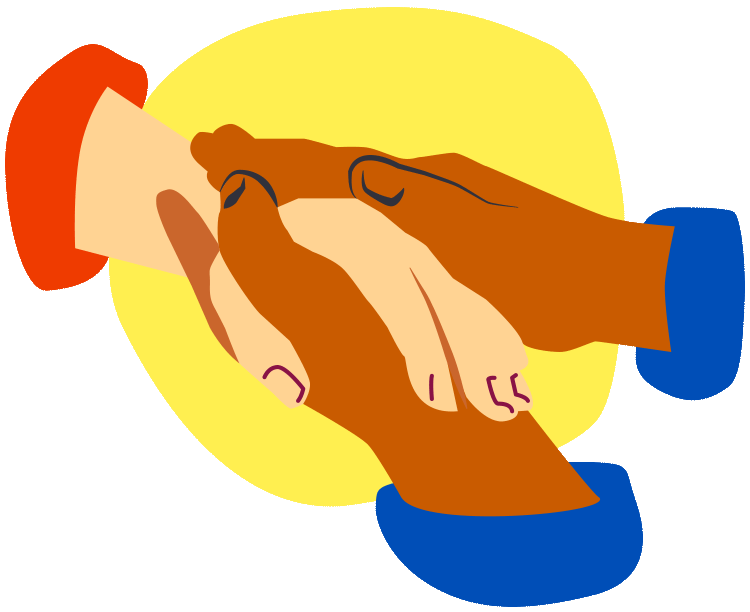What is psychosis?
Where does psychosis come from?
It’s tempting to look for someone to blame for mental health problems. You might have been spending time looking back at things that have happened in your life, or the life of your friend or relative, looking for 'the thing' that caused the 'problem'.
You might remember a stressful time, a relationship break up, a house or school move, a family history of mental health problems.
If you are a relative or friend, you might think if only I had been a better mum, dad, sister, brother, relative or friend. You might blame someone else in the family or even the person themselves.
You might think ‘If only this hadn’t happened, everything would be alright’ or ‘if only they’d stuck up for themselves at school and not let people get at them’ or ‘if only they hadn’t taken drugs or fallen in with the wrong crowd’.
The reality is no-one’s to blame for mental health problems.

myth buster
Unusual experiences (psychosis) aren’t caused by one gene, one stressful event or action. If you do develop a mental health problem, it’s not your fault and it’s not because you’ve done something wrong. This just isn’t true.Just like with lots of aspects of life, psychosis develops because of a mix of genes, personality, sensitivity and things that you're born with, and things that happen to you (e.g. your environment, experience, stress, social life).
If you do develop a mental health problem, it’s not because you’ve done something wrong and it’s not your fault. This just isn’t true.
We don’t know everything about why people experience psychosis and other mental health problems, but we do know that there are several factors that contribute.

You know, it’s not something you’ve done to get it, as a person, you know, and sometimes it’s trauma, sometimes it’s genetics but it could happen to anyone.
Rob, aged 23
Just like your genes can make you more or less sensitive to health problems like asthma, heart disease or diabetes, your genes and biology can make you more or less sensitive to certain types of mental health problems too.
But, if someone in your family has a mental health problem, it doesn’t automatically mean that you will have one too. Sometimes the genes you share can make a mental health problem more likely, but sometimes they don't have any effect at all.

If you have a stressful experience when you are a child or a teenager, like experiencing bullying, trauma or abuse it can make relationships with other people more confusing or more difficult. This can sometimes contribute to mental health problems

Social and lifestyle factors like unhelpful coping strategies and responses to stress, poor sleep patterns and working too hard can contribute to the start of mental health problems.
These things won't definitely cause mental health problems but on top of other factors like genetics and life experiences, they may increase the risk.
Trying to care for our bodies, by exercising, eating and sleeping well, can be as important for our mental health as for our physical health.
Sometimes social and lifestyle factors can contribute to the start of mental health problems.
Everyone who uses drugs or alcohol doesn’t get a mental health problem or psychosis, but some people are more sensitive to the effects of drugs than others.
Using drugs, a lot, particularly when you are young, and especially when you’re more sensitive or more affected by stresses can contribute to the start of mental health problems (like psychosis) or can make them worse.

There is a lot about mental health problems and psychosis that we still don’t know.
You can have lots of risk factors, sensitivity and stress but be protected by other things in life and never develop mental health problems, or you can develop mental health problems after a build-up of day-to-day stresses.
If you are experiencing mental health problems or psychosis, talking to someone and getting some support may help you to understand what has contributed to this. Knowing what has contributed to mental health problems can help you to protect yourself in the future.
Read more: What is Early Intervention in Psychosis?